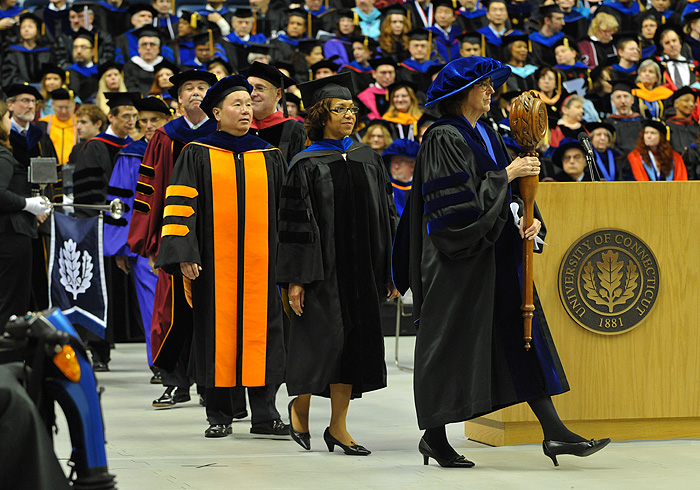In today’s accountability climate, institutional leaders create and rely on data- driven decisions to promote the success of their institutions. Much of this data collection is delegated to internal stakeholders, such as faculty members, to obtain and systematically report. I along with two graduate students have a new book chapter coming out on the faculty perspectives on the use of data in higher education. In today’s post, I want to share what we see as the five challenges facing higher education in the area of faculty and data strategy.






